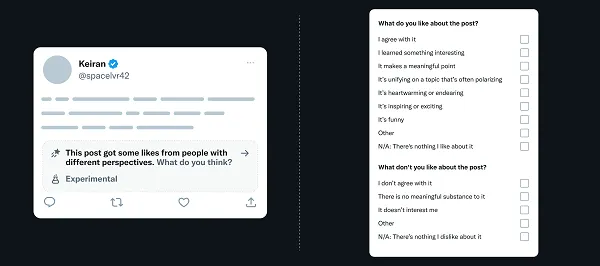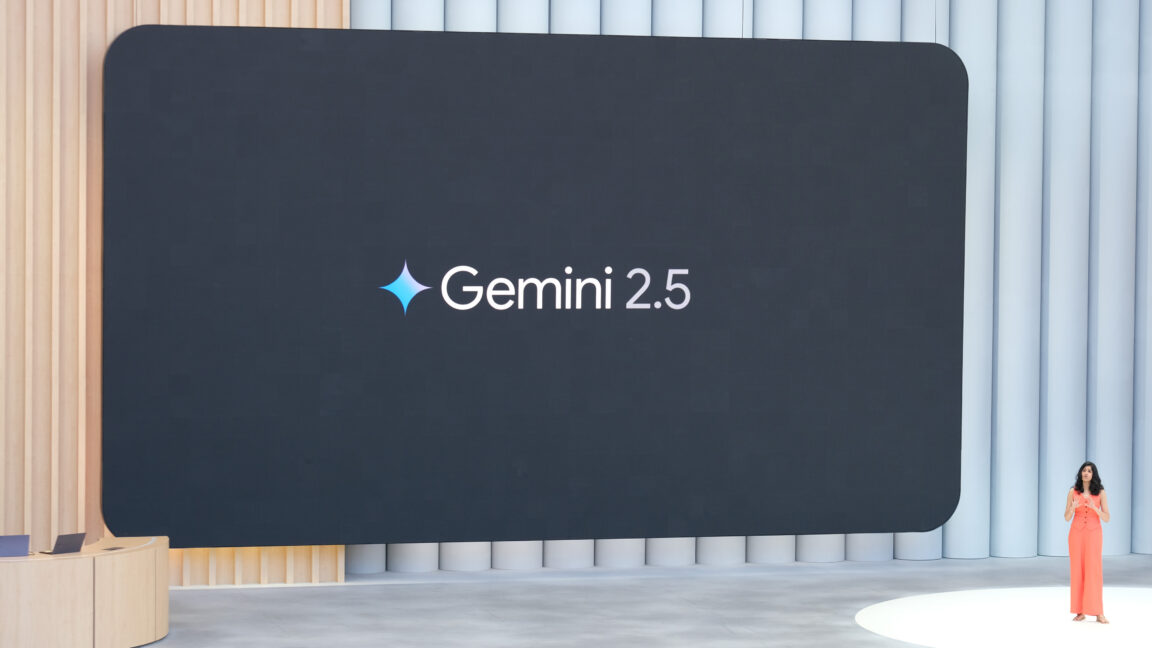The Startup Debt Dilemma: When Leverage Helps And When It Hurts
Debt has a place in startups, but only under the right structure, circumstances and timing, writes guest author and strategic adviser Itay Sagie, who provides founder tips to avoid disaster.

In early 2021, a SaaS founder — let’s call him Alex — found himself in a familiar but dangerous position. His team had just onboarded their first enterprise clients, and a major deal was close to signing. The pitch had landed, the client had verbally committed, and the deal would have doubled the ARR.
But payroll was looming, and the runway was vanishing. Alex turned to his bank and secured a $250,000 loan under his name, backed by a personal guarantee tied to his apartment. The logic was straightforward: The deal was coming, and this was just a short-term bridge.
That deal never closed. The champion left. Legal stalled. Six months later, the startup was gone. Alex was left with the debt, no company and no revenue, but a very real personal liability.
This scenario repeats itself more than founders would like to admit, especially during funding slowdowns. Debt, especially personal-guarantee debt, appears appealing: it’s fast, non-dilutive and feels like validation. But unless specific conditions are met, it can fast-track a collapse.
Debt has a place in startups, but only under the right structure, circumstances and timing.
Growth-stage debt: Revenue should be real, not potential
The fundamental requirement for any loan is repayment. That hinges on predictable, recurring revenue, not projections, not pending contracts. Debt is best served when your cash flow is consistent and your unit economics are proven.
Early-stage debt: Only in certain circumstances
For early-stage ventures, debt works best when it fuels a specific need, oftentimes a short-term capital gap. While most early-stage startups won’t qualify for debt under traditional terms, some banks do provide access if the startup is backed by top-tier VCs and passes rigorous diligence. In this specific circumstance, the absence of personal guarantees and the presence of strong investor backing create a more viable, less risky structure. Still, this capital should be used strategically, not as a lifeline, but as a short-term solution.
Read the fine print to avoid disaster
Note that debt is senior to any other financial instruments like equity. Debt holders will be paid first before any investor, which means investors also don’t like to see over-leveraged companies, especially in early stages.
Personal guarantees are a formula for personal disaster. Convertible loan agreements which often convert to equity are a good middle ground, although you should always prepare for a scenario where investors choose not to convert, in which case you are in debt.
Debt must be evaluated not only for what it provides today, but for how it may limit your decisions tomorrow.
Itay Sagie is a strategic adviser to tech companies and investors, specializing in strategy, growth and M&A, a guest contributor to Crunchbase News, and a seasoned lecturer. Learn more about his advisory services, lectures and courses at SagieCapital.com. Connect with him on LinkedIn for further insights and discussions.
Illustration: Dom Guzman
























































































































































































